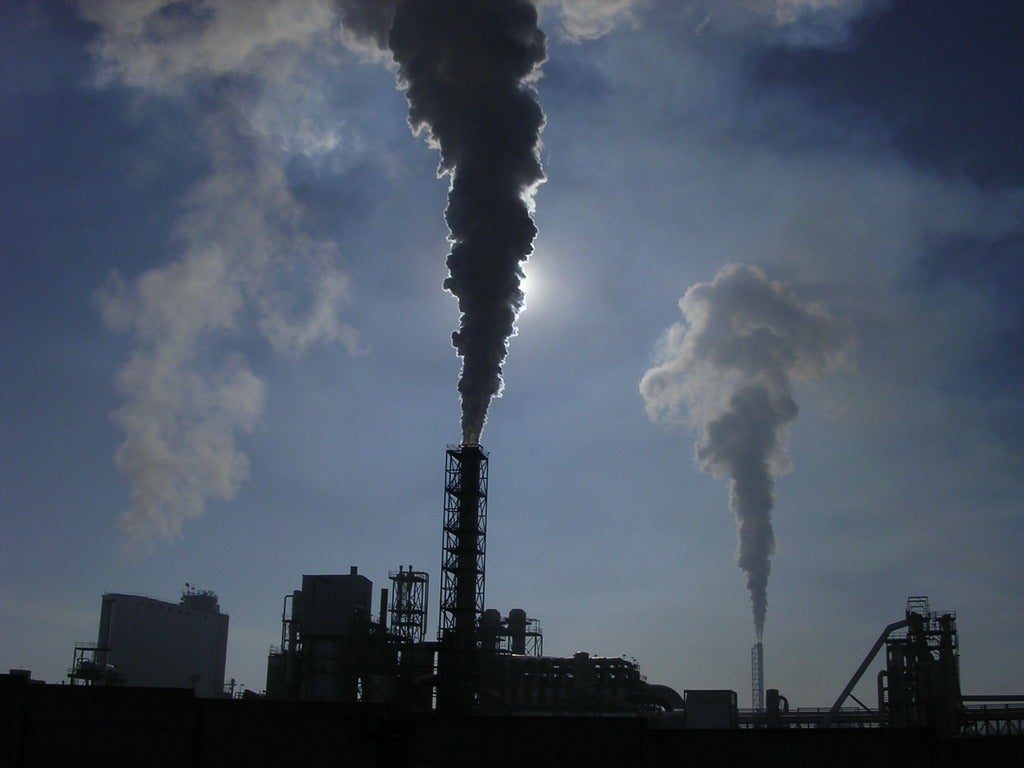
Despite a terawatt of recently-installed wind and solar capacity being introduced around the world, a new report suggests fossil fuels will still account for the vast majority of the global energy mix by 2040.
Energy consultancy Wood Mackenzie’s analysis indicates coal, oil and gas will cater to 85% of the world’s energy dependence by that date, compared with 90% today, with renewables only accounting for 8% of total power generation as of this year.
David Brown, one of the study’s authors, said: “The world risks relying on fossil fuels for decades to come – this is a wake-up call for governments and the energy industry.
“If the world wants to decarbonise, they need to take a leap, and come up with targeted policies.”
Fossil fuels to cater to increasing energy demand
Wood Mackenzie forecasts carbon emissions will rise over the next decade, with their growth only slowing once we enter the 2030s, preventing the Paris climate goal of limiting global warming to well below 2C from reaching fruition.
Global emissions rose 1.7% in 2018 to a record high of more than 33bn tonnes as energy demand grew by 2.3%, according to analysis by Paris’ International Energy Agency (IEA).
The global consultancy also predicts energy demand will grow by at least 25% by 2040, primarily driven by the emergent Asian and African economies.
The news comes as a report by the International Institute for Sustainable Development (IISD) suggests between 10% and 30% of $372bn spent on fossil fuel subsidies around the world could be enough to cover its transition to clean energy.
Richard Bridle, a senior policy advisor at the independent think tank, said: “Often fossil fuel subsidies are inefficient, costly to governments and undermine clean alternatives.
“All countries should be looking to identify where swaps [from fossil fuel subsidies to renewable energy spending] can kickstart their clean energy transitions.
“Public money is far better spent delivering the clean energy transition than propping up the fossil fuel industry.”






